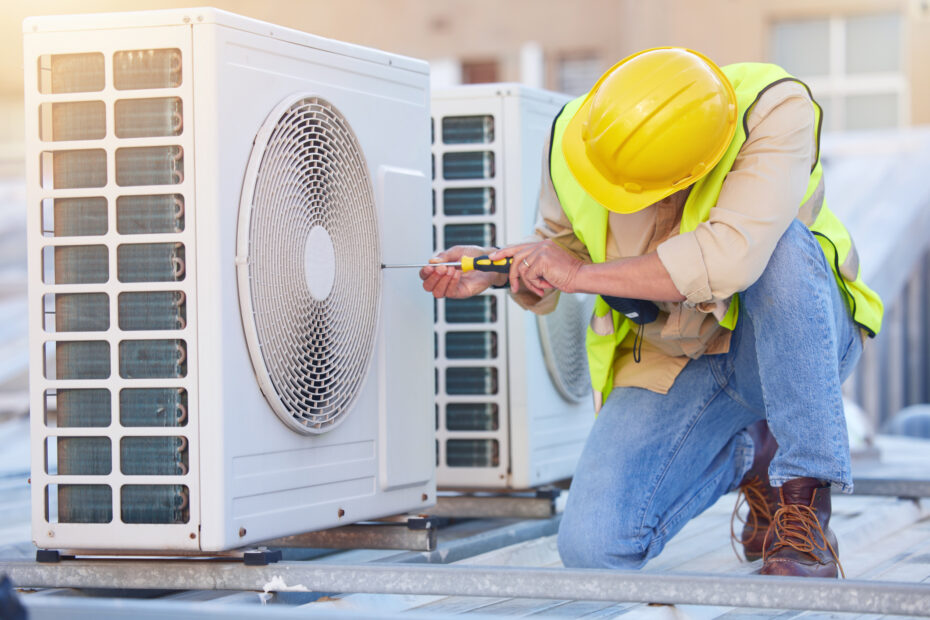Summer is officially over and it’s time to make way for earlier sunsets, outdoor maintenance and transitioning your mechanical equipment. Have you decided when your building’s going from air conditioning to heating? Figuring out the exact day for a perfect transition can be tricky because of our always changing climate. We see warm days in September, but October can quickly turn to cold nights and frigid mornings. Properly transitioning the temperature of your mechanical equipment is not only important for your residents comfort but for the lifespan of your equipment. When cool air is left on too long residents can place added stress on their mechanical equipment by improperly setting their in suite thermostats too warm. Additional unit stress on an aging building’s mechanical equipment that may not be receiving adequate maintenance or may have an issue that needs addressing can lead to unavoidable, costly repairs. No two building are identical – figuring out the right time for your building to transition from cool to heat is very important for saving money, ensuring your residents are comfortable and maintaining your common areas.
At Certified Building Systems we like to provide our clients with the knowledge to make educated decisions regarding the individual nature of their buildings. Beyond providing great service and knowledgeable recommendations, our information comes from a personal place as suite owners and board members. If you’re having trouble figuring out the perfect time to transition your mechanical equipment, have a look at our recommendations below.
Consider the number of residents in your building.
If you manage a larger building or complex chances are you have a larger resident portfolio and are utilizing the common areas more so than a smaller building with less amenities. Common areas such as the gym, lobby, rec room or movie theater require good heating/cooling control because people are regularly using them. Just like their suite, tenants want these amenities to be comfortable throughout every season. Before transitioning from cool to heat consider the following
- Notifying your residents in advance of the date of transition.
- Providing them with information and tips on maintaining in suite comfort without over setting their in suite thermostat.
- Installing a Building Automation System in your building to monitor the usage of your mechanical equipment in all common areas. A BAS will alleviate pressure on your mechanical system’s usage by programming for peak and low usage times. In addition to saving you money on your growing utility costs, this will also give you a clear idea of the perfect time to transition your equipment’s temperature without creating any discomfort in your building.
The age of your mechanical equipment
Is your building over 10 years old?
Did you have any issues in previous seasons with your heating equipment?
Do your residents complain about their in suite temperature?
If you answered yes to any of these, it may be time to check your equipment before the cold weather hits. Waiting until the first snowfall for a boiler retrofit can be both chaotic and expensive—not something you’d want to deal with!
To avoid issues related to aging equipment:
- Have your mechanical systems inspected by a knowledgeable service provider like CBS.
- Follow expert recommendations, especially if problems are identified. This can save you time and money before winter or a serious issue occurs.
Empower your residents with helpful tips:
- Teach them about the building’s age and in-suite filter cleaning.
- Show them how to properly program their thermostats.
- Encourage small actions like opening blinds to let sunlight in and regularly cleaning filters, especially in older buildings.
Proper in-suite knowledge and regular equipment maintenance can extend the life of your mechanical systems and ensure a smoother transition from cooling to heating.
